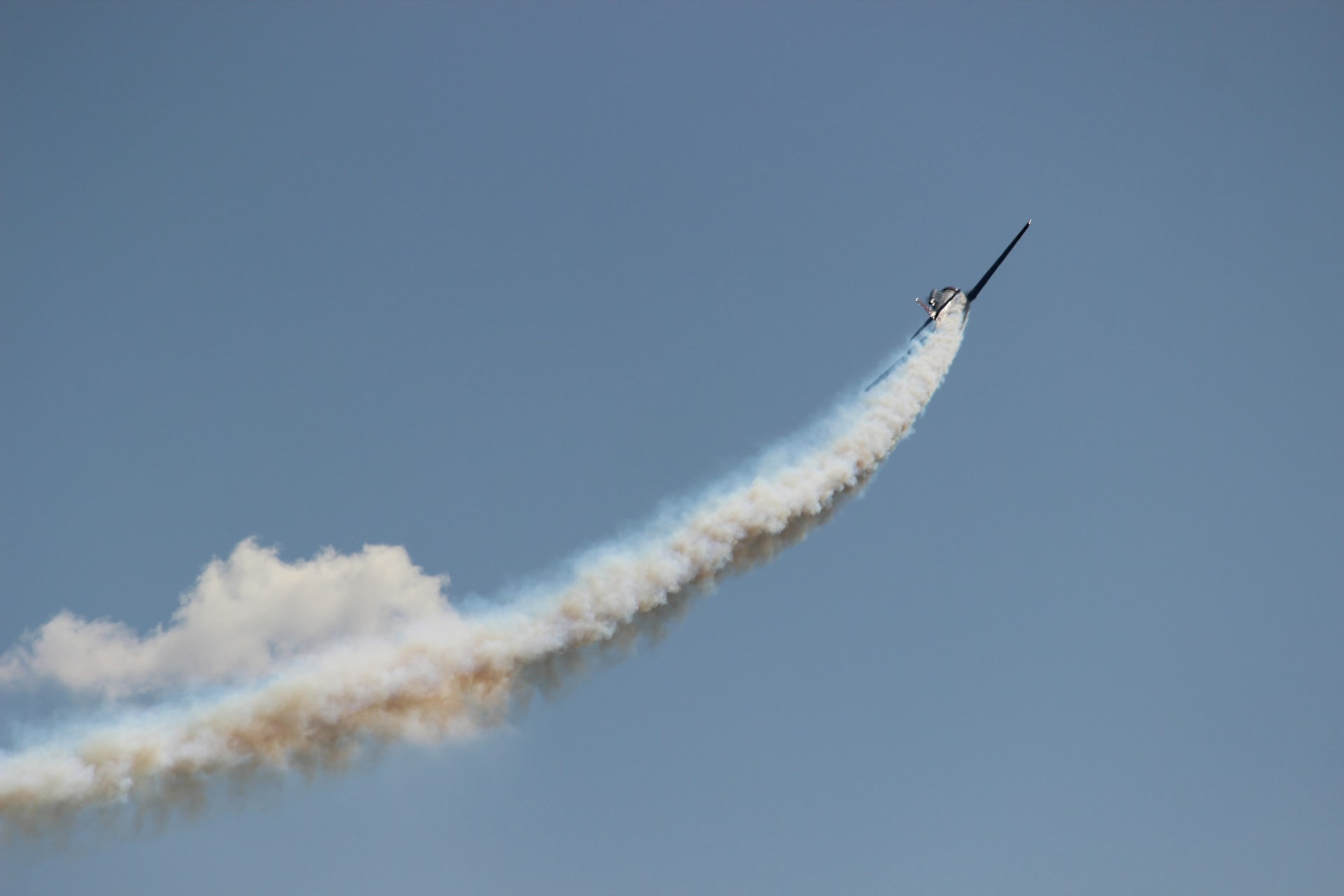Casablanca – The United States has approved a proposed arms sale to Morocco that includes the acquisition of 600 FIM-92K Stinger Block I surface-to-air missiles, along with associated military equipment and support services, in a package valued at approximately $825 million. The announcement, made by the U.S. Defense Security Cooperation Agency (DSCA), marks a significant step in the ongoing strategic defense partnership between Washington and Rabat.
The deal, which still requires final approval from the U.S. Congress, is designed to enhance Morocco’s short-range air defense capabilities in response to evolving regional and global security challenges. According to official statements from both the U.S. State Department and the DSCA, the sale aligns with American foreign policy and national security objectives by reinforcing the defense capabilities of a Major Non-NATO Ally (MNNA) and a key partner in North Africa.
Under the terms of the proposed sale, Morocco is expected to receive up to 600 FIM-92K Stinger Block I missiles. These man-portable air-defense systems (MANPADS) are known for their ability to counter aerial threats such as low-flying aircraft, drones, and helicopters. Equipped with infrared homing guidance systems, the Stinger missiles are widely used by U.S. and allied forces and are recognized for their reliability, mobility, and operational effectiveness.
In addition to the missiles themselves, the package includes launch units, non-lethal support equipment, and extensive technical, logistical, and engineering services. These services will be provided by the U.S. government and key defense contractors, primarily RTX Corporation (formerly Raytheon Technologies), based in Tucson, Arizona, and Lockheed Martin, headquartered in Syracuse, New York.
The DSCA emphasized that the transaction is intended to support Morocco’s ongoing military modernization efforts. The country has sought to upgrade and diversify its defense arsenal in recent years, especially in the areas of air defense, surveillance, and interoperability with allied forces. Moroccan military planners view this acquisition as a critical component in the effort to build a responsive and integrated short-range air defense system capable of addressing both current and future threats.
U.S. officials have stated that the proposed deal will not require any additional American personnel to be deployed in Morocco, nor will it impact the U.S. military’s readiness or strategic posture in the region. Furthermore, the sale is not expected to disrupt the existing balance of power in North Africa, a region that continues to face geopolitical volatility and emerging security threats.
Morocco’s status as a Major Non-NATO Ally grants it access to certain privileges in defense cooperation with the United States, including the purchase of advanced military technologies. The country has consistently played a constructive role in promoting regional security and counterterrorism initiatives, and its close ties with Washington have been reaffirmed in recent high-level diplomatic engagements.
This missile sale comes at a time of renewed attention to North African security dynamics, particularly in light of tensions surrounding Western Sahara. The Biden administration, and more recently the current U.S. leadership under Secretary of State Marco Rubio, have reiterated American support for Morocco’s autonomy plan for the disputed territory, calling it a “serious, credible, and realistic” basis for resolving the longstanding conflict.
While the missile deal is formally a defense procurement, it also serves a broader geopolitical function by reinforcing the strategic alignment between the U.S. and Morocco. Analysts note that military partnerships such as this one are likely to become more prominent as both countries seek to maintain regional stability and respond to transnational security challenges.
The finalization of the deal will depend on Congressional approval, a standard requirement for all foreign military sales of this scale. Once cleared, the agreement will mark one of the largest U.S.-Moroccan defense transactions in recent years and is expected to significantly enhance Morocco’s ability to secure its airspace and protect its national interests.
















